The world will not be the same after the Iran–Israel conflict. While there hasn’t yet been a significant impact on oil prices, we are very close to a dramatic surge, energy lawyer Mate Toth told Magyar Nemzet.
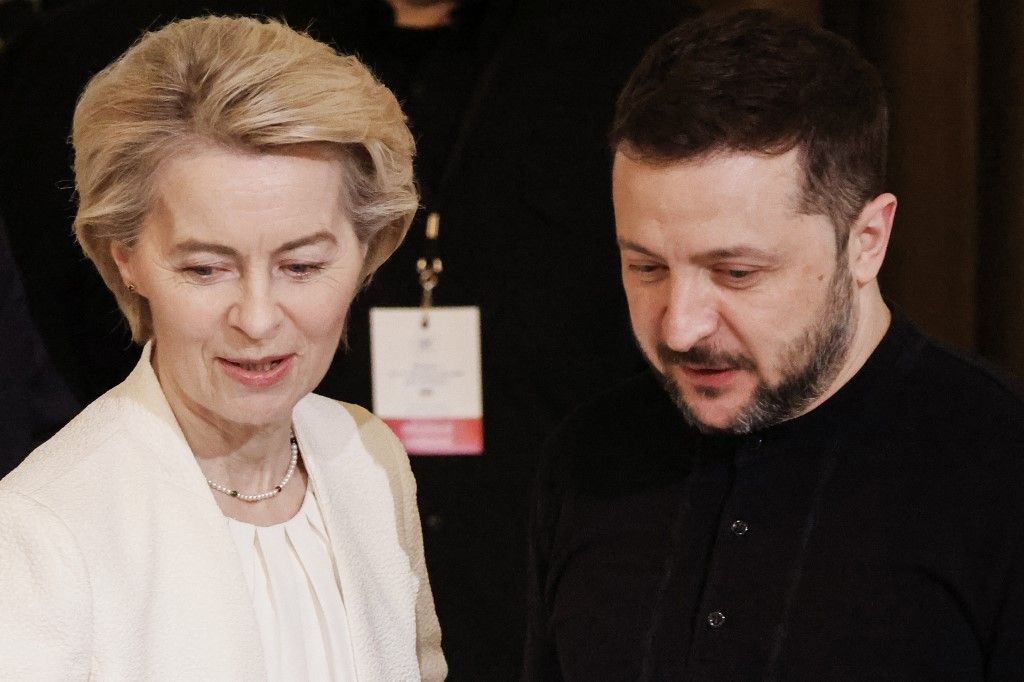
In the past few days, the global oil markets haven’t been rocked too badly. I believe this is because market players still had some buffer built in after recent volatility, so this was still within acceptable bounds, so to speak,
the expert said.
But we’re right on the edge of an oil price explosion,
he warned.
The main reason, Mate Toth said, is fear surrounding the Strait of Hormuz. Twenty-one percent of the world’s oil trade passes through it, and it’s also a critical route for LNG shipments from the Middle East, so natural gas is indirectly at risk too.
If anything happens in the Strait of Hormuz, oil prices will immediately shoot up,
he stated.
A $100 per barrel price would hit Europe hard — especially as the EU is preparing to take a critical step and fully cut itself off from Russian energy sources.
For now, the chances of Iran closing the Strait are moderate, Mate Toth noted. The US currently has four aircraft carrier strike groups in the region, with a fifth on the way. The UK has also indicated it is monitoring the situation closely.
Without risking direct confrontation and international escalation, Iran can’t close the Strait, so it’s not in its interest to do so until the very last moment. But things are heading in a direction where it may have no other option, he warned.
Since Friday, Israel has carried out targeted strikes showing that Iran’s defense capabilities and military strength are extremely limited,
he said, adding that other regional powers like Turkey and Saudi Arabia have certainly noticed Iran’s weakness.
This is such a significant loss in terms of the regime's survival and Iran’s regional power status that there may come a point where Iran has nothing left to lose and may take the risk,
Mate Toth said.
Multiethnic Iran is more fragile than it appears from the outside, he added. The conflict could escalate into neighboring countries, especially since Iran is surrounded by US allies and while it itself is left without allies.
If that happens, oil prices will explode.
As for Europe, recent geopolitical events over the past three years show not only that Europe has been diminished in global importance, but that the world seems to accepted this, the expert pointed out.
Europe is now watching from the sidelines, and in that sense, I’m sure it was caught unprepared and lacks both diplomatic influence and a plan for how to respond,
he said.
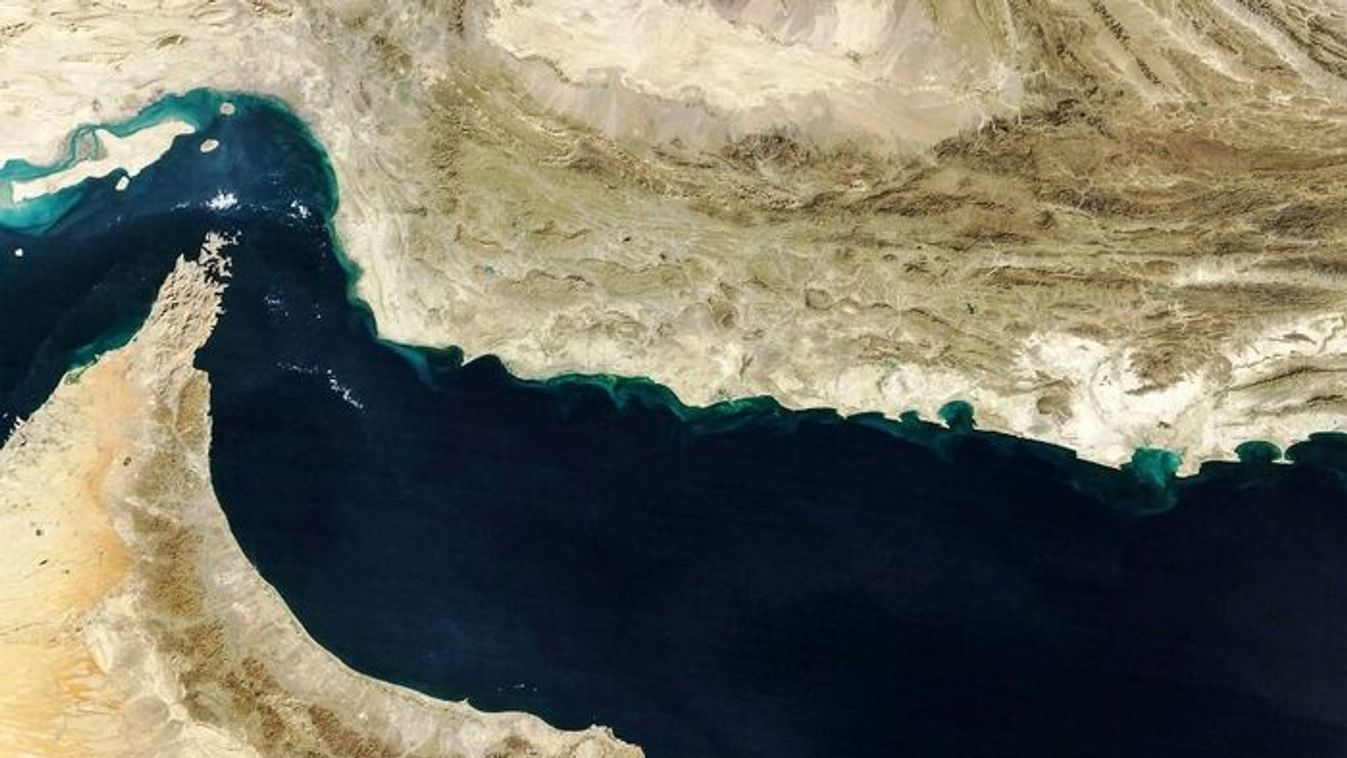
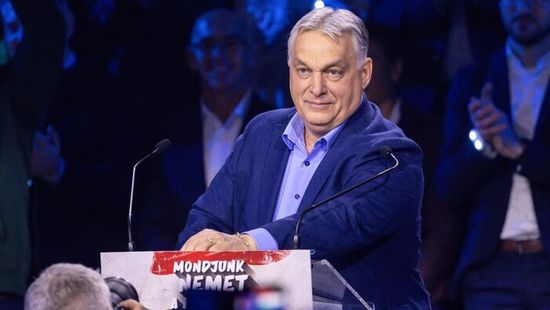

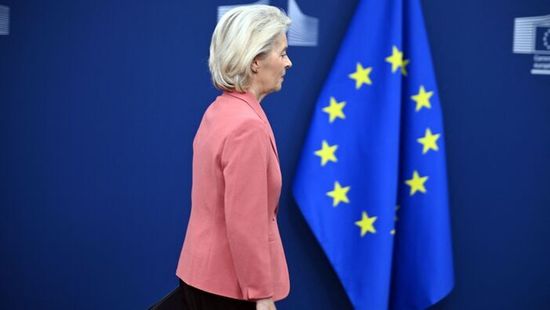
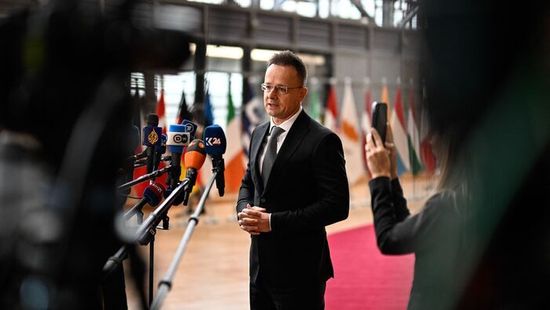


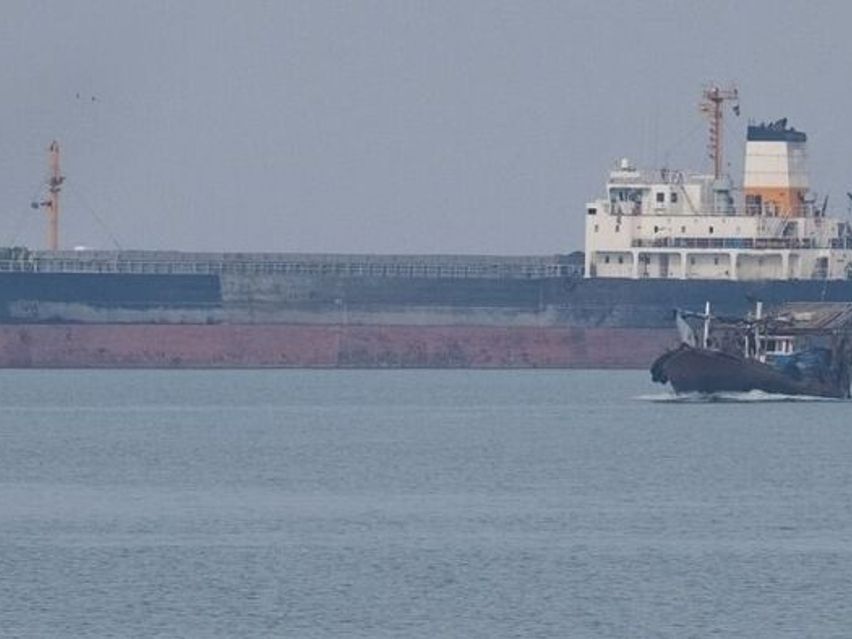

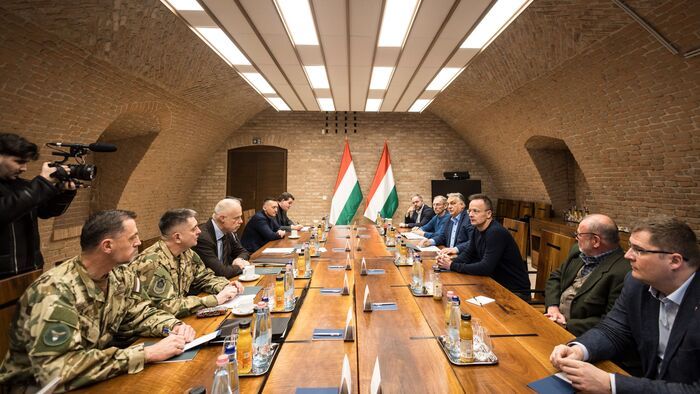

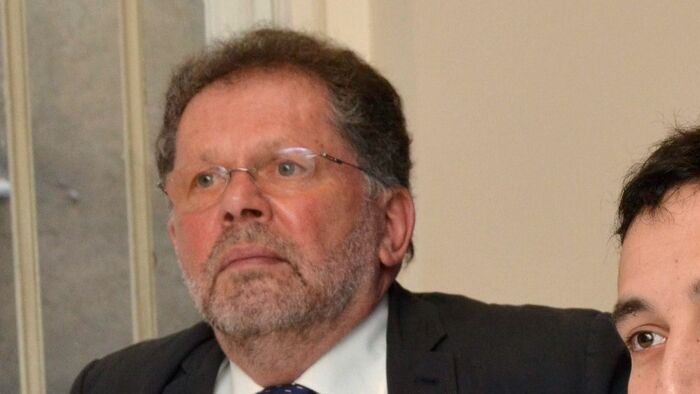
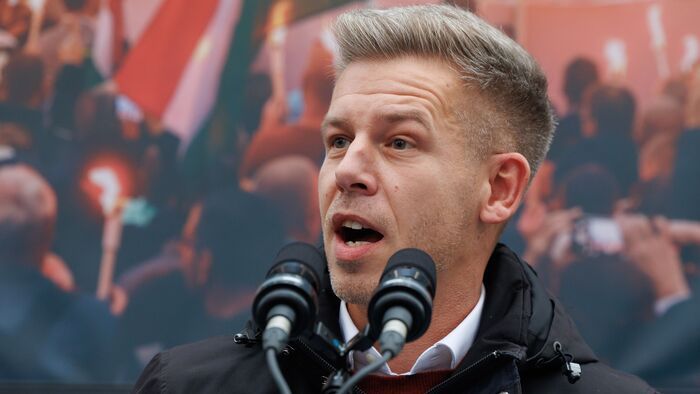
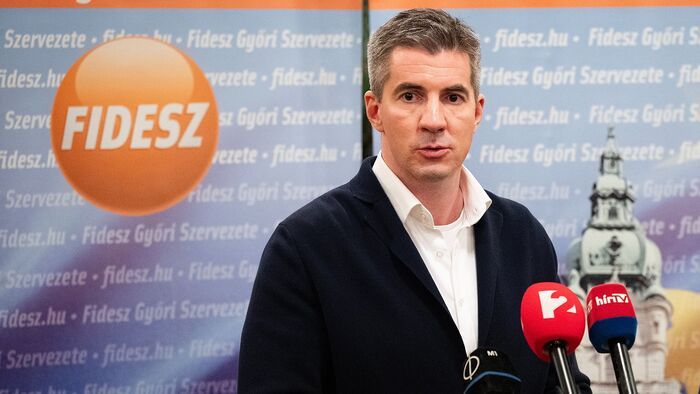
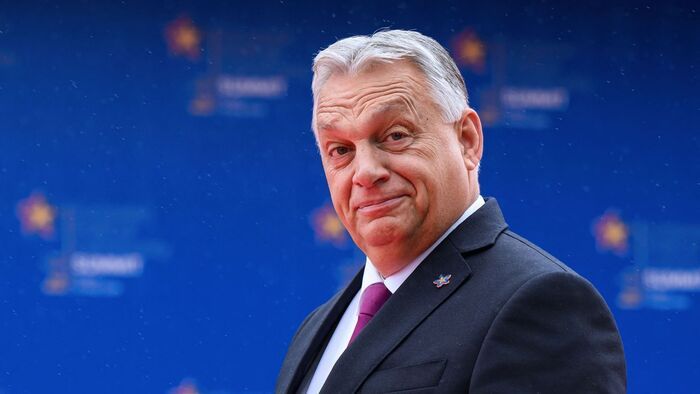
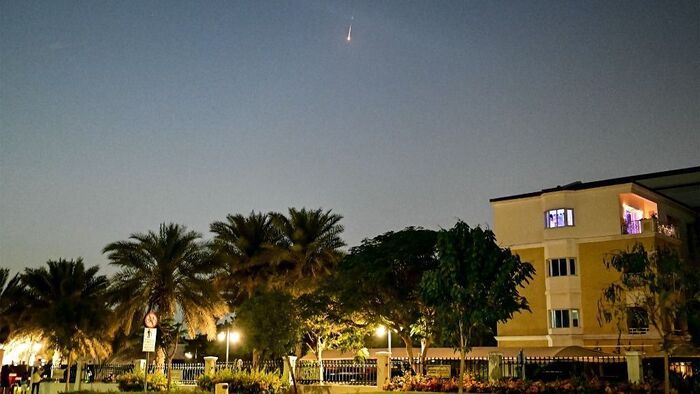
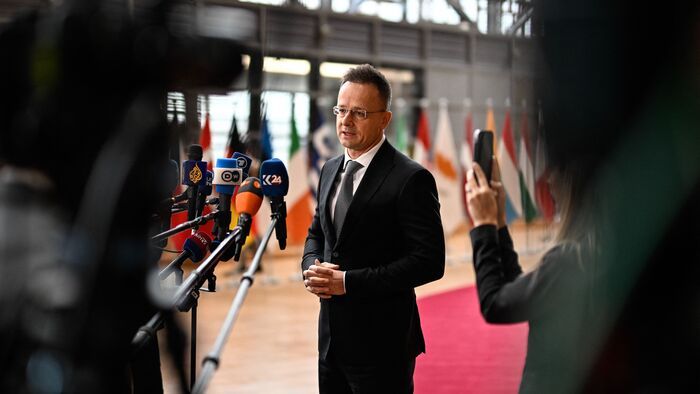






Szóljon hozzá!
Jelenleg csak a hozzászólások egy kis részét látja. Hozzászóláshoz és a további kommentek megtekintéséhez lépjen be, vagy regisztráljon!